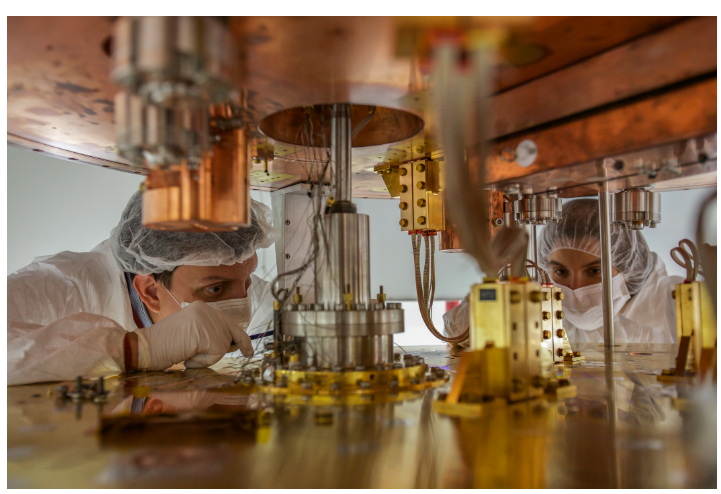
Understanding the origin of the matter-antimatter asymmetry in the universe, clarifying the still elusive properties of the neutrino, and probing its fundamental nature are among the most ambitious challenges in contemporary physics. One possible approach to addressing these questions involves the study of an extremely rare nuclear process, predicted in specific theoretical scenarios beyond the Standard Model: neutrinoless double beta decay. This process is linked to a theory formulated by Ettore Majorana in the 1930s; if observed, it would imply that the neutrino is a Majorana particle—that is, indistinguishable from its own antiparticle. The experimental detection of such a decay would provide direct evidence of the violation of a fundamental quantum number, lepton number, with profound implications for particle physics and for our understanding of the cosmological origin of the dominance of matter over antimatter.
In this pursuit at the frontiers of known physics, the leading role is played by highly specialized international experiments, some of the most sensitive of which are hosted at facilities around the world. These projects employ cutting-edge technologies to statistically identify the signal of interest among billions of background events.
The CUPID experiment (CUORE Upgrade with Particle IDentification) represents the future of this line of research in Italy. Currently under development in the underground facilities of the Gran Sasso National Laboratory, CUPID will employ cryogenic detectors capable of measuring tiny heat variations and faint light emissions resulting from particle interactions with the crystal absorbers that compose the detector array. Thanks to its advanced technology and highly effective particle identification techniques, CUPID will be able to suppress background noise to extremely low levels.
With strong contributions from the Italian and international scientific communities, and the direct involvement of the INFN Division and the Department of Physics at the University of Rome Tor Vergata, CUPID is poised to explore uncharted territories in particle physics and the early universe.

References
https://www.lngs.infn.it/en/pages/cupid-en
























































































